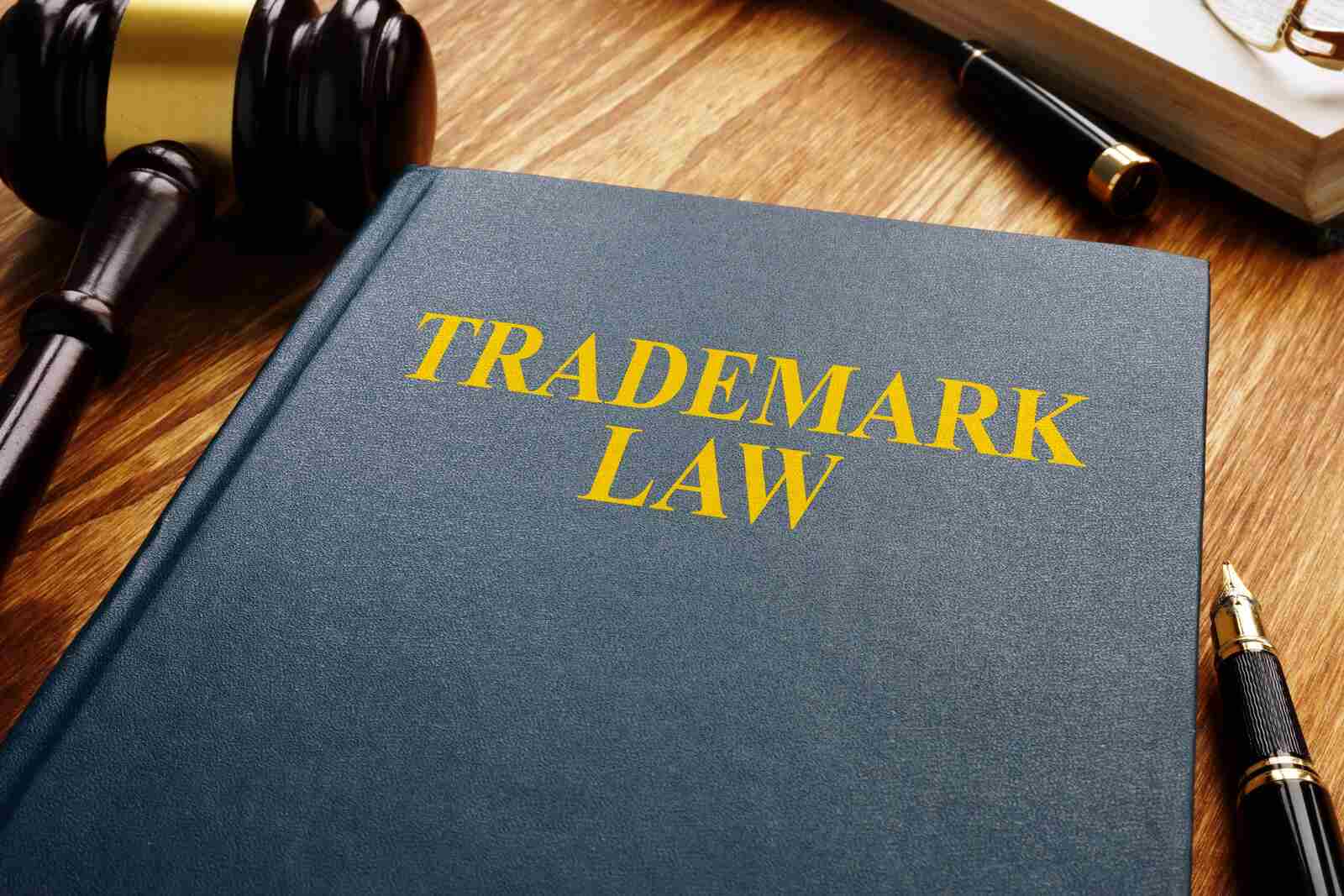Understanding Trademark Expiry in Canada

Factors Affecting Trademark Expiry
In Canada, trademarks are not perpetual and require attention to maintain their validity. The lifespan of a trademark is directly influenced by several factors, one of which is the initial registration period. By registering your trademark, you gain the exclusive right to use the mark across Canada for 10 years. Registration is renewable every 10 years after that, ensuring continued protection of your intellectual property.
Another critical factor is the proper use of the trademark. A trademark must be actively used in commerce; otherwise, it risks being challenged for non-use. This is where Substance Law can provide guidance to ensure that your trademark remains in good standing. Additionally, the trademark must not become generic or descriptive of the goods or services it represents, as this can also lead to expiry.
It is essential to monitor the status of your trademark and adhere to renewal deadlines to avoid unintentional expiry. Substance Law can assist in navigating the complexities of trademark maintenance and renewal.
Finally, changes in ownership or alterations to the trademark can affect its expiry. It is crucial to record any such changes with the Canadian Intellectual Property Office (CIPO) to maintain the trademark’s validity. Substance Law can help with the legal intricacies involved in these processes.
Renewal Process for Trademarks
The renewal of a trademark in Canada is a critical step in maintaining the exclusive rights granted by the registration. Trademark owners must renew their registration every 10 years to avoid expiry. The process involves several steps, which Substance Law can guide you through to ensure a smooth and successful renewal.
- First, a renewal request must be filed with the Canadian Intellectual Property Office (CIPO) before the expiry date.
- Second, the appropriate fees must be paid. These fees can vary depending on the number of classes the trademark is registered under.
- Third, any required documents or evidence of use must be submitted to support the renewal application.
Substance Law can assist in evaluating the necessary documentation and managing the renewal process on your behalf. Timely renewal is essential to maintain the integrity and protection of your trademark. Failure to renew can lead to the loss of trademark rights and the need to reapply, which Substance Law can also help navigate if necessary.
Impact of Non-Renewal on Trademarks

Loss of Protection
When a trademark in Canada is not renewed, the owner faces the immediate loss of exclusive rights to the trademark. This means that the trademark is no longer protected under the Canadian Trademarks Act, and the owner cannot legally enforce the trademark against third parties. The implications of this loss are significant, as it opens the door for competitors to potentially use similar or identical marks without infringement consequences.
- The trademark is removed from the Canadian Trademarks Database.
- Legal protection against infringement ceases.
- The ability to license the trademark may be compromised.
It is crucial for trademark owners to maintain their rights through timely renewal. Failure to do so can lead to a complex and often costly process of re-establishing trademark protection.
Substance Law is equipped to guide clients through the intricacies of trademark protection and renewal. Our knowledge ensures that your intellectual property remains secure, even in the face of challenges that may arise from non-renewal.
Reapplication Procedures
If a trademark in Canada is not renewed, the original owner may find themselves in a position where they need to reapply for their trademark. Reapplication is essentially starting the process anew, and it requires the same diligence and attention to detail as the initial application. Substance Law can guide you through this complex process to ensure that your trademark is secured once again.
- Prepare a comprehensive application, including all necessary documents and evidence of use.
- Conduct a new search to ensure the trademark is still available and to avoid potential conflicts.
- Submit the application along with the required fees to the Canadian Intellectual Property Office (CIPO).
- Await examination and potential opposition, responding promptly to any CIPO requests.
It is crucial to act swiftly and efficiently during reapplication to minimize the risk of losing your trademark rights. Substance Law can provide the knowledge needed to navigate these steps effectively.
Conclusion
In conclusion, trademarks in Canada do not expire as long as they are renewed every 10 years. It is crucial for businesses to understand the trademark renewal process to protect their intellectual property rights. By maintaining active trademarks, businesses can safeguard their brand identity and prevent unauthorized use of their trademarks. Overall, trademark protection is essential for long-term success and competitiveness in the Canadian market.
Frequently Asked Questions
Do trademarks in Canada automatically expire after a certain period of time?
Trademarks in Canada do not expire automatically. They can be renewed indefinitely as long as the renewal requirements are met.
What are the consequences of not renewing a trademark in Canada?
Failure to renew a trademark in Canada can result in the loss of protection, leaving the mark vulnerable to infringement by others.
Can a trademark be re-registered in Canada if it has expired due to non-renewal?
Yes, a trademark that has expired due to non-renewal can be re-registered in Canada. However, the reapplication process will be similar to applying for a new trademark.




